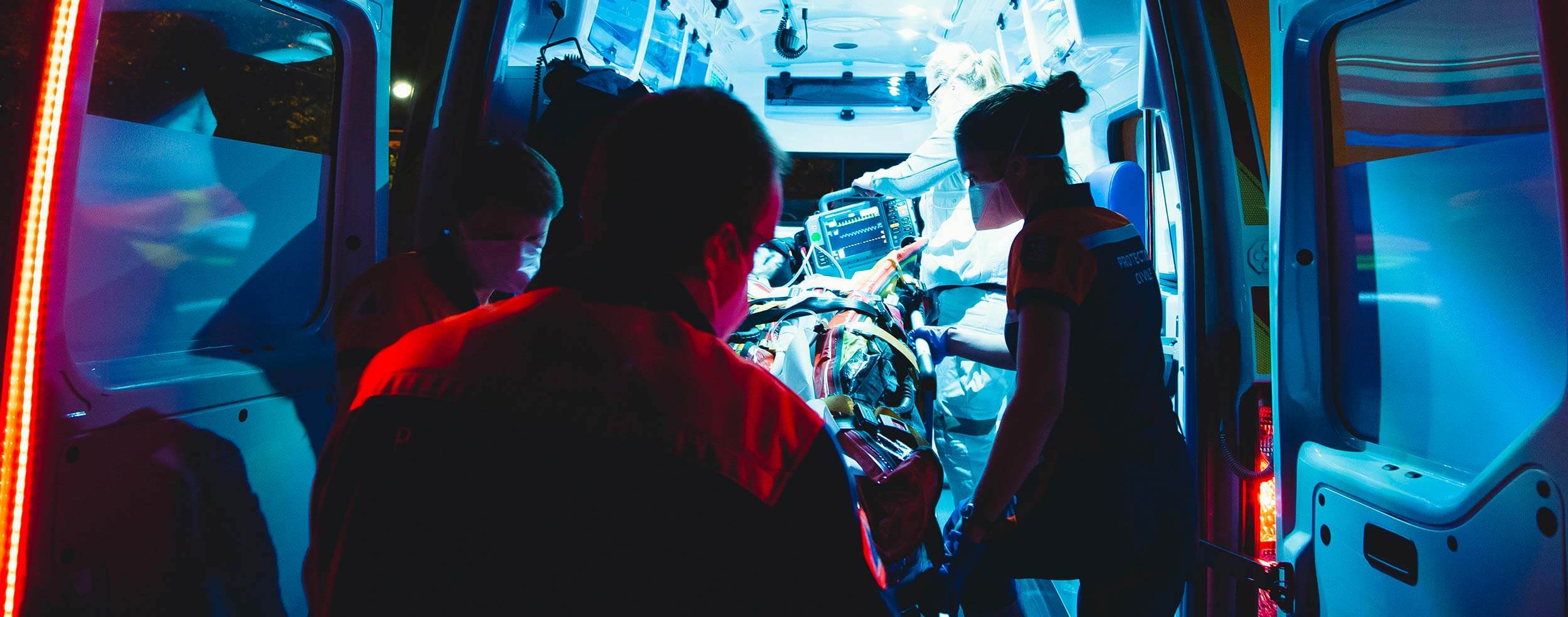
Emergency
The Medical Emergency Service (SUEM) is active 24/7 by calling 118. The call is free, even from a mobile phone. The operation center assesses the seriousness of the situation and, if necessary, provides for the intervention, in connection with the hospital emergency rooms, ambulances, helicopter rescue.
When to call 118
In all the situations where someone’s life or safety is at risk:
- shortness or lack of breath
- chest pain
- prolonged loss of consciousness (the person cannot speak or is unresponsive)
- trauma and wounds with evident bleeding
- accident (domestic, road, farming, industrial accidents, sports injuries)
- difficulty speaking or difficulty/ inability to use one or both limbs on the same side
- signs of suffocation, poisoning, drowning or burns.
While calling 118
- Calmly respond to the operator’s questions and hold the line until asked to do so.
- Give your own phone number.
- Specify the place where the event is taking place (town, street, street number).
- Explain the event (a person is unwell, there has been an accident, etc.) and explain what you can see.
- Specify the number of people involved.
- Describe the condition of the person involved: is he/she responsive, breathing, bleeding, does he/she have pains?
- Describe the specific situation: small child, pregnant woman, elderly person, person with known illnesses (heart conditions, asthma, diabetes, epilepsy, etc.).
When not to call 118
- For all situations that cannot be regarded as urgent.
- To ask for specialist medical advice.
- To ask for general health service information: working hours, booking medical examinations or diagnostic tests, information on pharmacies open on a holiday.
Waiting for the help
What to do
- Follow the instructions provided by the 1-1-8 staff.
- Cover the patient and protect him/her from the environment.
- Encourage and reassure the patient.
- In case of an accident, do not hinder the arrival of the emergency services and signal the danger to passers-by.
- Carefully unfasten tight garments (belt, tie) to facilitate breathing.
What not to do
- DO NOT panic.
- DO NOT move the injured person unless this is strictly necessary because of a dangerous situation within the surrounding area (gas, fire, immediate risk of a building collapse, etc.).
- DO NOT give the person food or drinks.
- DO NOT allow them to take medicines.


